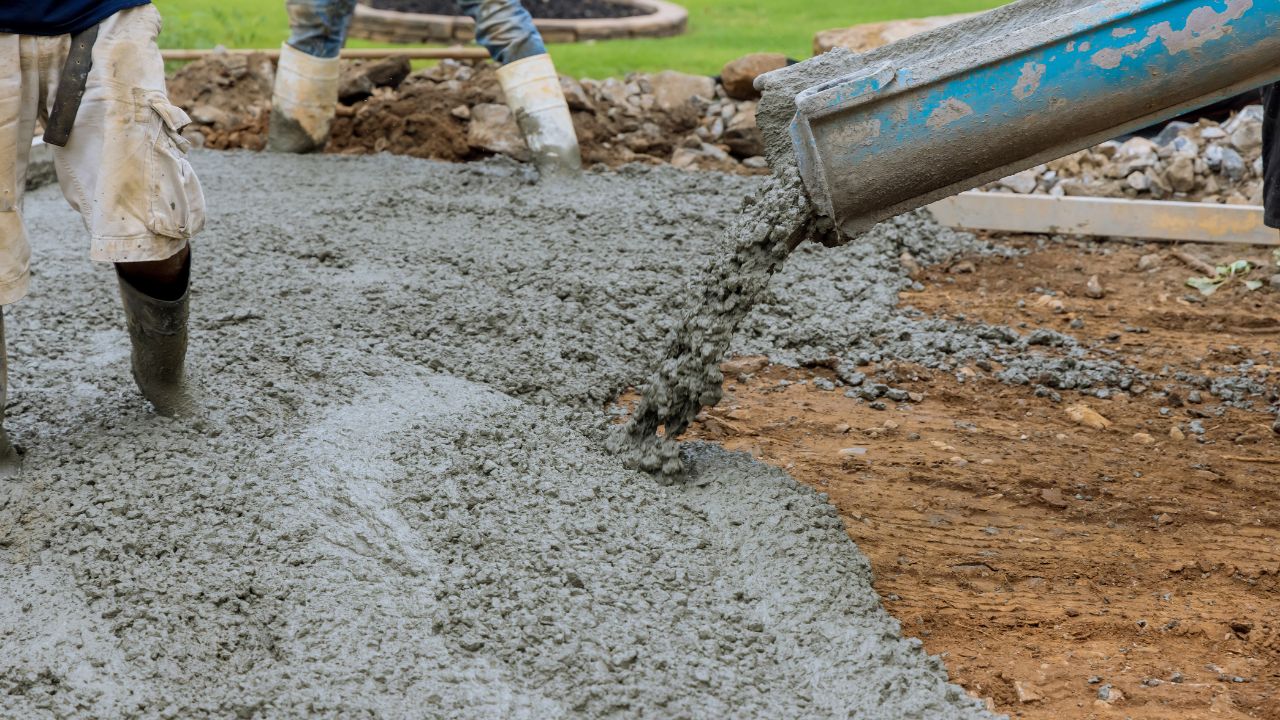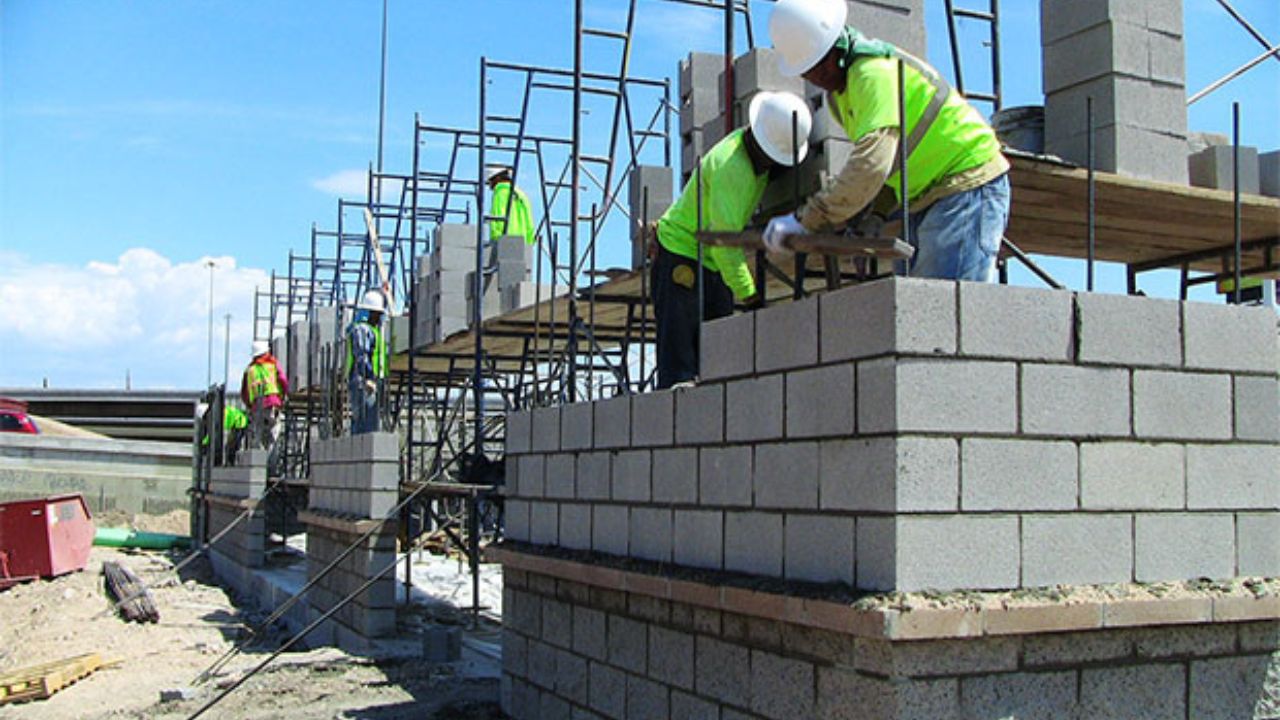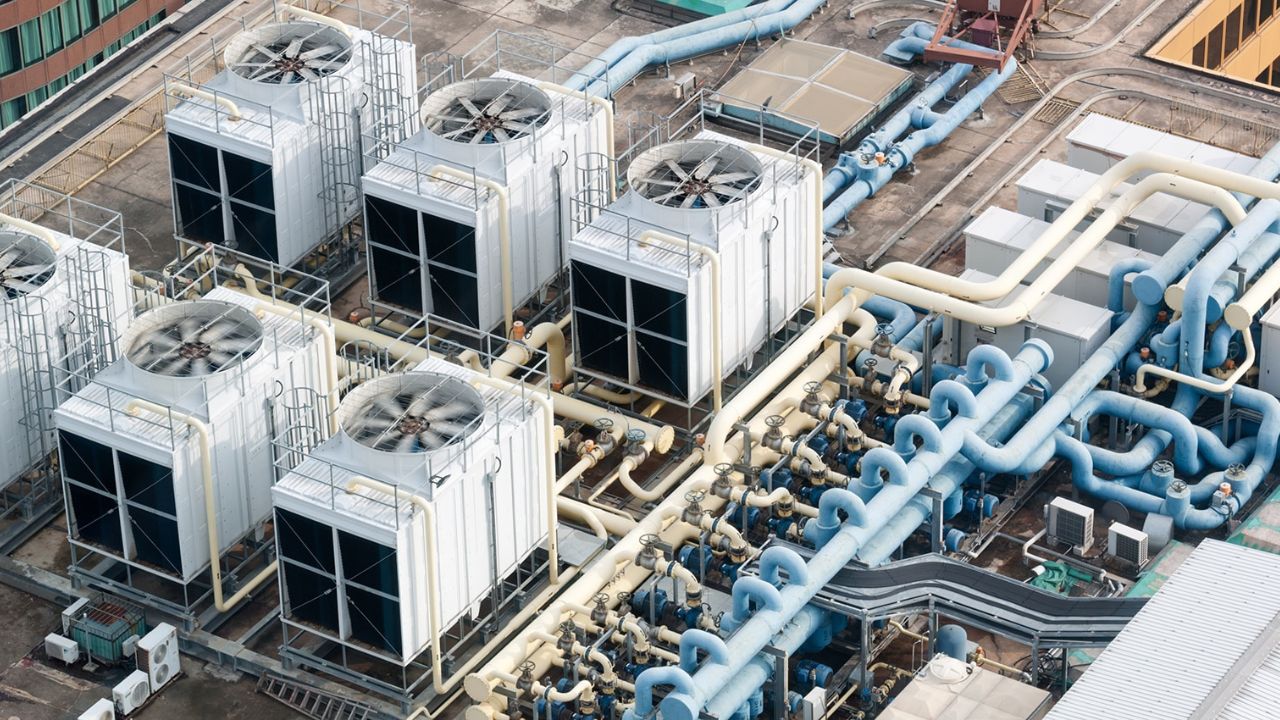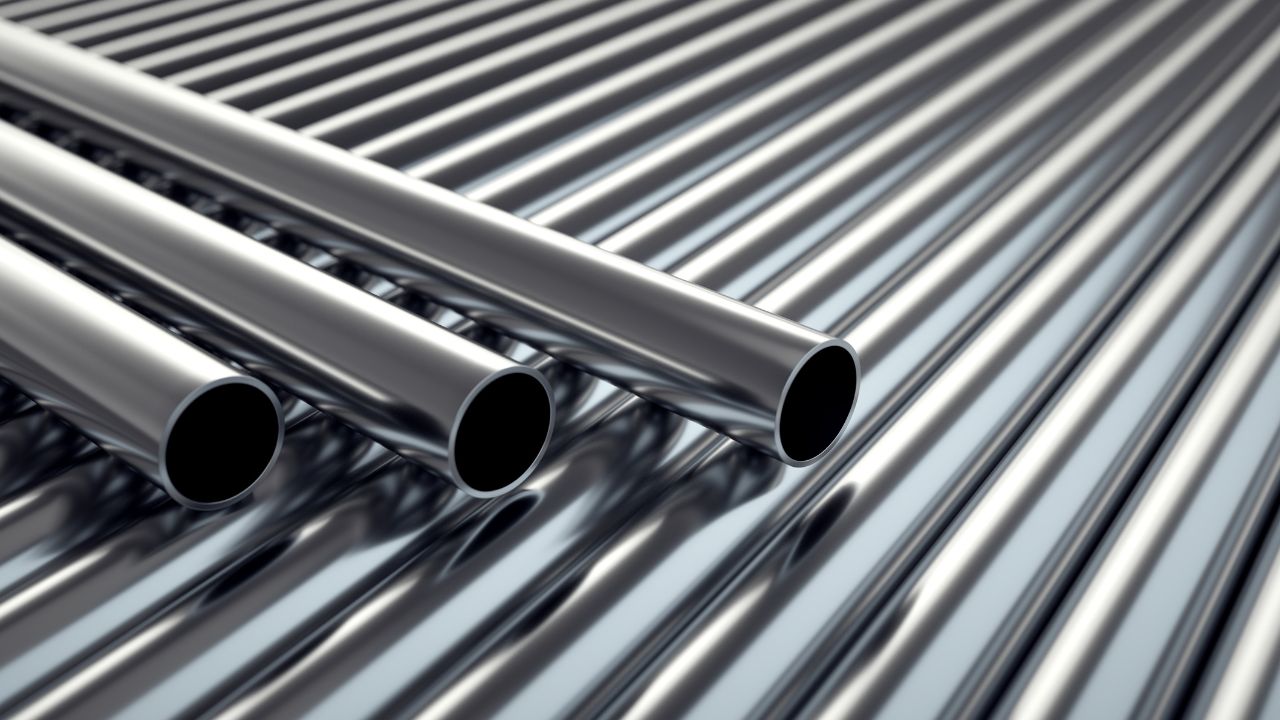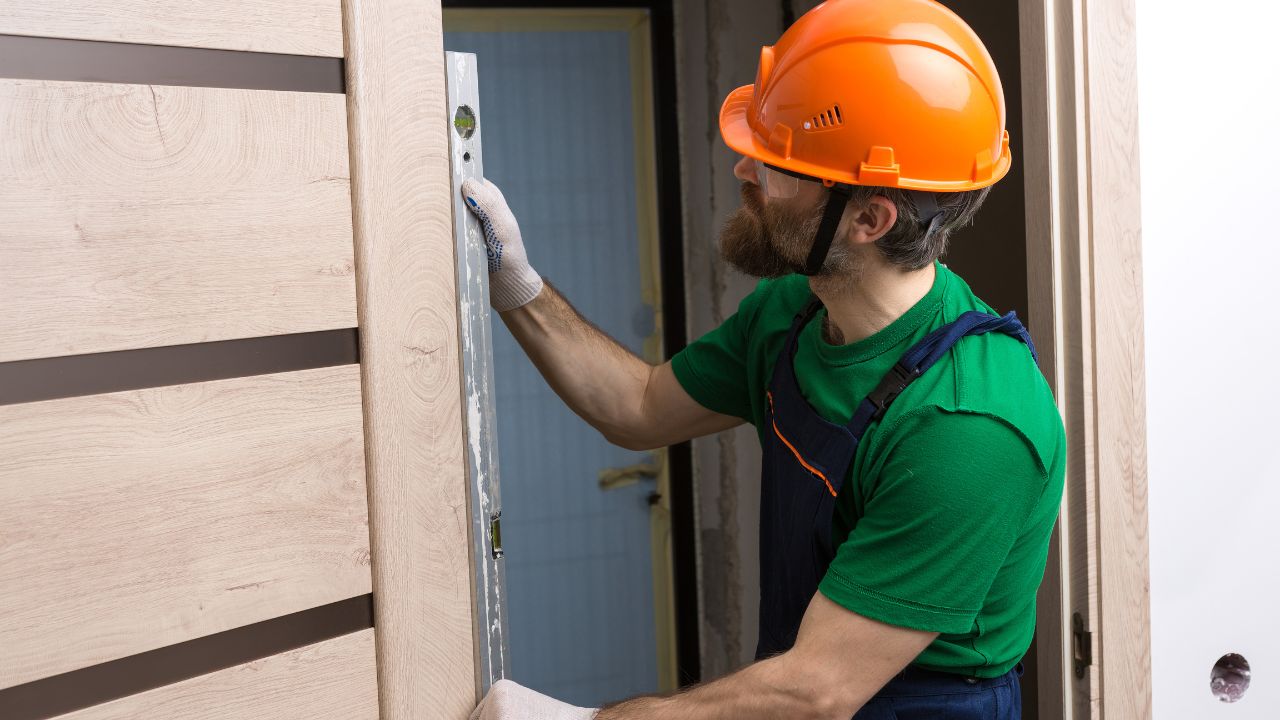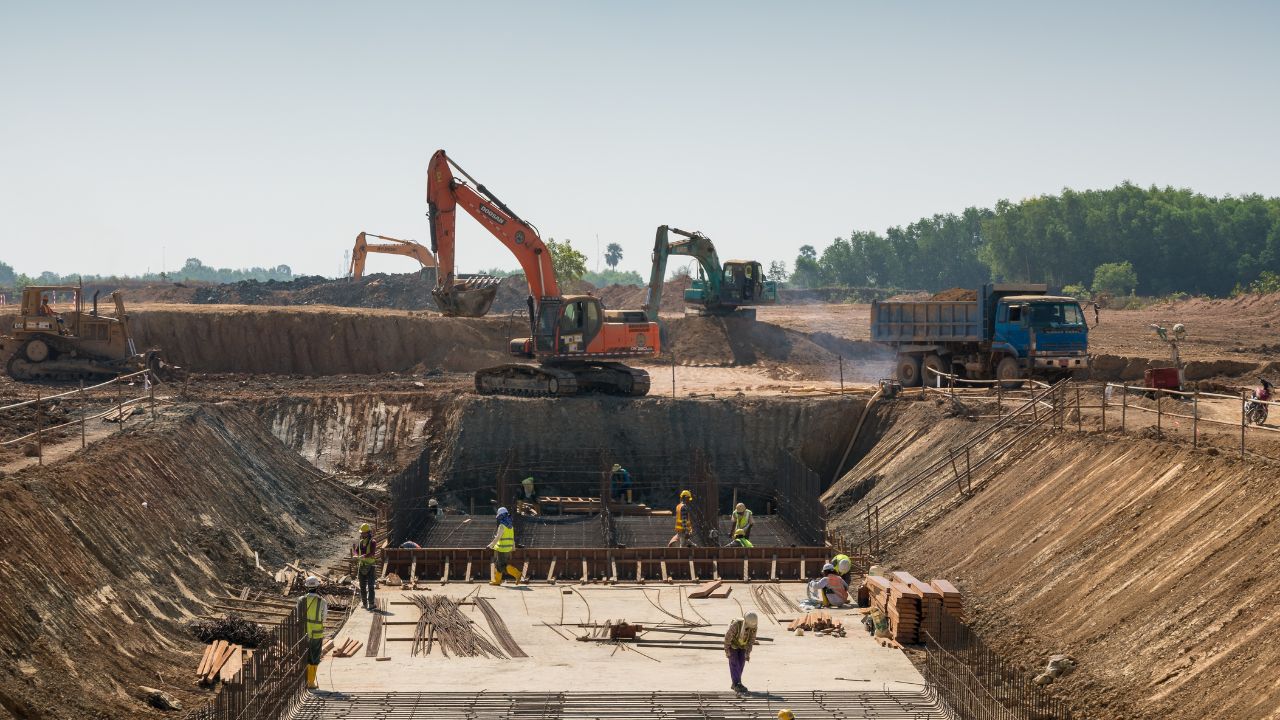- Homepage
- Insulation
How Much is Insulation for a Roof?
Leading provider of insulation installation services
Insulating a roof, distinct from insulating an attic, offers an additional means of preventing heat and cooling loss. Roofing insulation is applied on the roof slope, both above and below the rafters, whereas attic insulation is installed within the ceiling pane. This type of insulation is particularly crucial for homes with flat or pitched roofs. The process involves sealing the roof and incorporating insulation, providing essential protection against issues like ice dams and other moisture-related problems.
Roof Insulation Costs
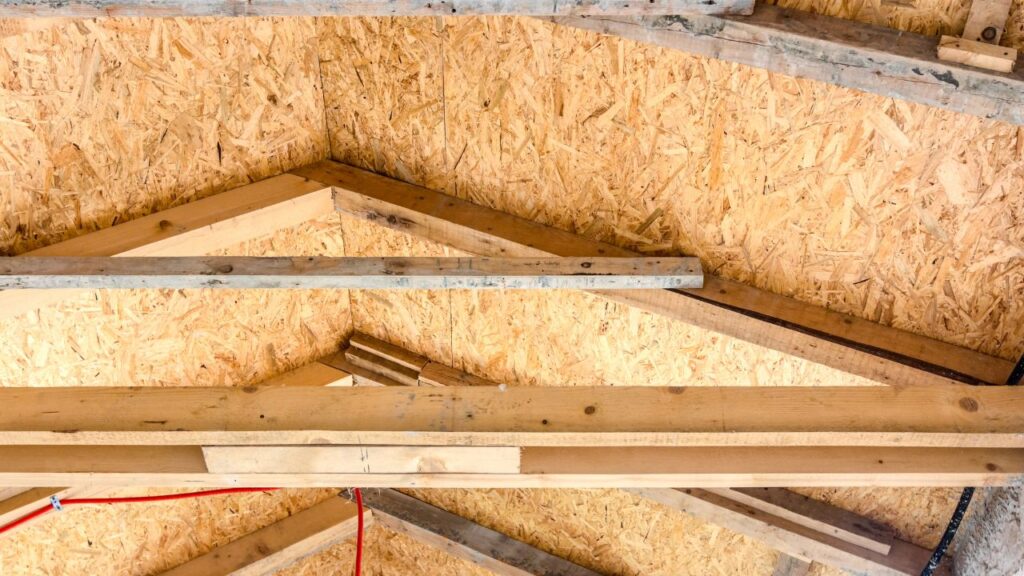
- Average Cost: $2,400.00
- Highest Cost: $2,400.00 – $3,000.00
- Lowest Cost: $1,200.00 – $1,800.00
What is the expense for roof insulation?
The cost of roof insulation is influenced by factors such as the insulation type, R-value, and the square footage to be covered. There are generally five common types of roof insulation.
TYPE OF INSULATION | COST PER SQUARE FOOT |
Fiberglass Batt/Roll | $0.36 – $1.80 |
Blown-in/Loose Fille | $1.20 – $2.40 |
Spray Foam | $0.60 – $2.40 |
Radiant Barrier | $0.24 – $1.20 |
Rigid Foam | $0.30 – $1.20 |
Notably, spray foam insulation often requires professional installation, and while radiant barriers may not contribute to R-value, some claim they aid in heat retention and serve as a vapor barrier. For roof insulation, calculate spray foam roof insulation costs with our tool.
Is investing in roof insulation worthwhile?
Insulating a roof becomes crucial in specific scenarios. For instance, when a home features a roof deck that doubles as the ceiling, as seen in cathedral ceilings, insulating the roof deck becomes essential.
Effective roof insulation serves as a preventive measure against ice dams, which occur when water refreezes on a roof after a thaw. The accumulation of ice dams can exert significant weight, leading to excessive stress on the roof and potential collapse. Additionally, insulating the roof proves beneficial for slab-on-grade homes in warmer climates. This is particularly relevant as the attic often houses the air conditioning ducts, contributing to a cooler environment within the home.
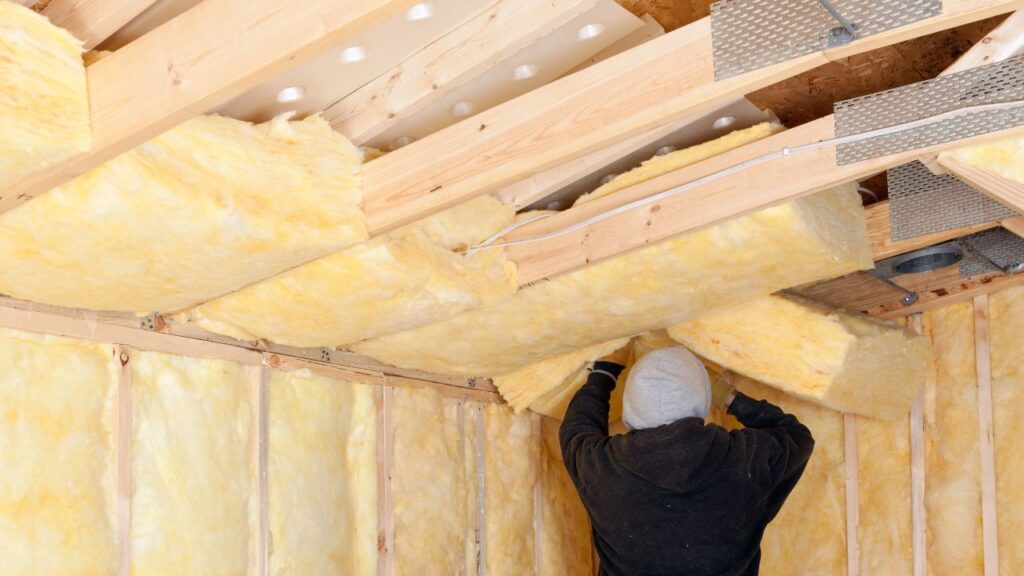
Factors Influencing Cost
Roof Size and Complexity:
The dimensions and intricacy of your roof play a pivotal role in determining insulation costs. Larger roofs necessitate more insulation material to cover the expansive surface area, consequently influencing the overall project expenses. Moreover, the complexity of the roof structure introduces additional considerations. Complex designs may pose challenges during installation, requiring specialized techniques and potentially involving more labor. Understanding the size and complexity of your roof is crucial in accurately estimating insulation costs and ensuring effective coverage for enhanced energy efficiency.
Insulation Material:
The selection of insulation material is a significant factor influencing costs, with various options available, each carrying its own price tag. Common insulation materials include fiberglass, spray foam, cellulose, and rigid foam boards, each offering unique benefits. The choice often depends on factors such as budget constraints, energy efficiency objectives, and the specific requirements of your roof. While some materials may have a higher upfront cost, they might provide greater long-term benefits, emphasizing the importance of aligning your material choice with both immediate and future considerations.
Get High-Quality 3D Rendering Today!
Transform your space with stunning 3D rendering that blends style, comfort, and functionality.
We Specialize in Both Residential and Commercial 3D Rendering Projects.
- Luxury Villas
- Apartment Complexes
- Modular Kitchens
- Bathrooms
- Office Buildings
- Shopping Malls
- Hospitals
- Hotels & Resorts
Installation Method:
The method of installation is a critical aspect that can impact overall costs and the effectiveness of the insulation. While do-it-yourself (DIY) installation may initially seem cost-effective, it comes with potential risks. Improper application can lead to inefficiencies and reduced insulation effectiveness. On the other hand, opting for professional installation ensures that insulation is applied correctly, minimizing the risk of gaps or voids that could compromise performance. Though professional installation may incur additional labor costs, the long-term benefits in terms of energy efficiency and climate control often outweigh the initial expenses.
Roof Accessibility:
The accessibility of your roof is a practical consideration that can influence labor costs associated with insulation installation. If your roof is easily accessible, installation may be more straightforward, with reduced labor effort and associated expenses. Conversely, roofs that are difficult to reach or have limited accessibility may pose challenges during installation, requiring additional time and effort. Ensuring that the installation team can easily access the roof is essential in optimizing efficiency and managing overall project costs.
Local Climate:
The climate of your region is a fundamental factor guiding the type and thickness of insulation needed for your roof. Areas with extreme temperatures, whether hot or cold, may necessitate insulation with higher R-values to ensure optimal thermal performance. Understanding the specific climate conditions, including temperature fluctuations and humidity levels, is crucial in selecting the most suitable insulation material and thickness for your roof. Tailoring insulation choices to local climate considerations ensures that your roof remains well-protected and energy-efficient throughout the year.
90% More Chances to Win Insulation Bids with
Our Estimate!
Conclusion
Roof insulation is a valuable investment for homes with flat or pitched roofs, providing protection against heat and cooling loss. The average cost is $2,400.00, influenced by factors like roof size, insulation material, installation method, accessibility, and local climate.
Common insulation types include fiberglass batt/roll, blown-in/loose fill, spray foam, radiant barrier, and rigid foam. Factors like professional installation for spray foam and potential benefits of radiant barriers add complexity to the decision-making process.
Investing in roof insulation is crucial for specific scenarios, such as homes with roof decks (cathedral ceilings) and slab-on-grade homes in warmer climates. It prevents issues like ice dams, structural stress, and potential collapse.
Key factors influencing costs include roof size and complexity, insulation material, installation method, roof accessibility, and local climate. Considering these factors ensures effective coverage, energy efficiency, and year-round protection, making roof insulation a worthwhile investment with lasting benefits.
FAQs:
The average cost of roof insulation is $2,400.00. However, this cost can vary based on factors such as the size and complexity of the roof, the chosen insulation material, and the method of installation.
Several factors impact the cost of roof insulation, including the size and complexity of the roof, the type of insulation material chosen, the method of installation, roof accessibility, and the local climate.
Common types of roof insulation materials include fiberglass batt/roll, blown-in/loose fill, spray foam, radiant barrier, and rigid foam. Each material has its own cost range and benefits.
While some insulation types, like spray foam, often require professional installation, others may be suitable for a do-it-yourself (DIY) approach. Professional installation ensures proper application and long-term insulation effectiveness.
Roof insulation serves as a preventive measure against ice dams by regulating the temperature on the roof. Effective insulation prevents uneven melting and refreezing of snow, reducing the risk of ice dam formation.
Roof insulation is crucial in scenarios such as homes with roof decks (cathedral ceilings) and slab-on-grade homes in warmer climates. It helps prevent issues like structural stress, potential collapse, and contributes to a cooler environment within the home.
The method of installation is a critical consideration. While some may opt for a do-it-yourself (DIY) approach, professional installation ensures correct application, minimizing the risk of gaps or voids that could compromise insulation performance. The decision depends on factors like expertise and the complexity of the installation process.
Comprehensive Trade-Specific Estimates
At Estimate Florida Consulting, we offer detailed cost estimates across all major trades, ensuring no part of your project is overlooked. From the foundation to the finishing touches, our trade-specific estimates provide you with a complete and accurate breakdown of costs for any type of construction project.
Our Simple Process to Get Your Estimate
Upload Plans
Submit your project plans, blueprints, or relevant documents through our online form or via email.
Receive Quotation
We’ll review your project details and send you a quote based on your scope and requirements.
Confirmation
Confirm the details and finalize any adjustments to ensure the estimate meets your project needs.
Get Estimate
Receive your detailed, trade-specific estimate within 1-2 business days, ready for your project execution.



Our Clients & Partners
We pride ourselves on building strong, lasting relationships with our clients and partners across the construction industry.
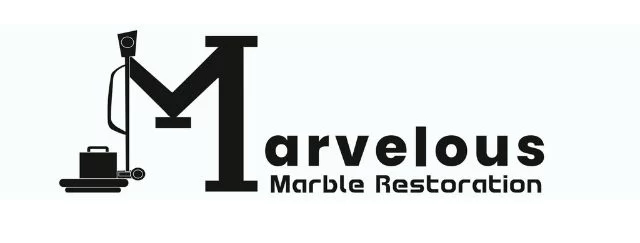
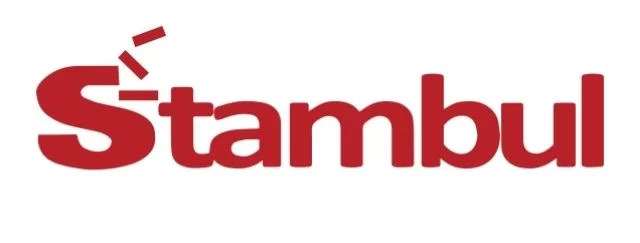
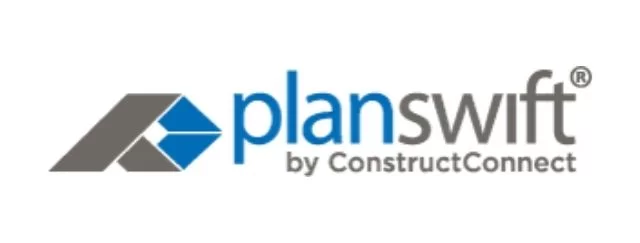
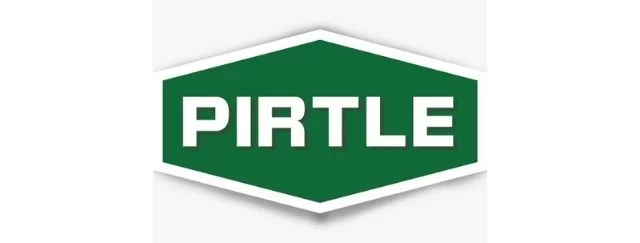

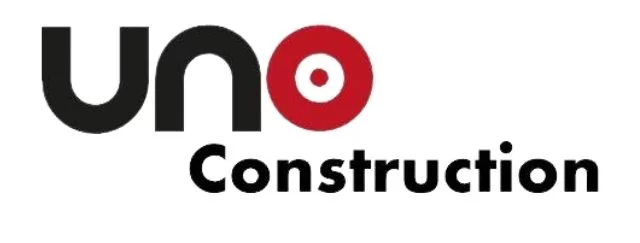
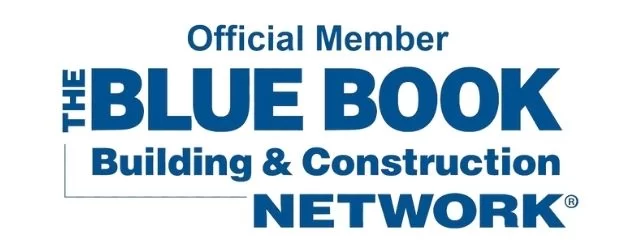
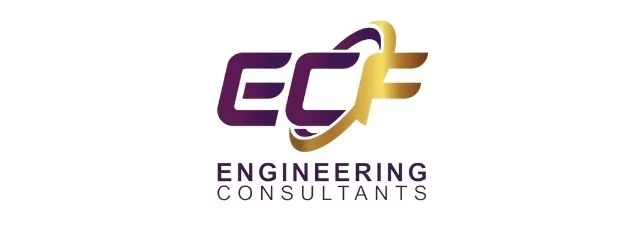
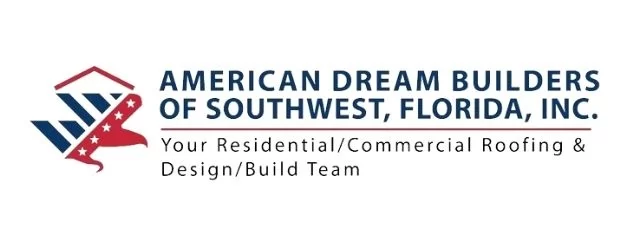
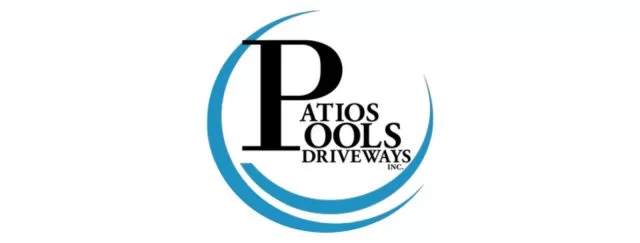

What Our Clients Say?
We take pride in delivering accurate, timely, and reliable estimates that help contractors and builders win more projects. Our clients consistently praise our attention to detail, fast turnaround times, and the positive impact our estimates have on their businesses.
Estimate Florida Consulting has helped us win more bids with their fast and accurate estimates. We trust them for every project!




